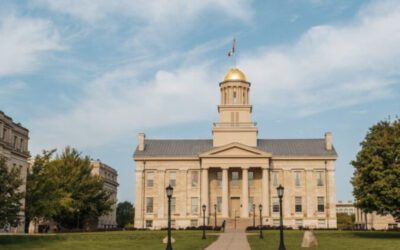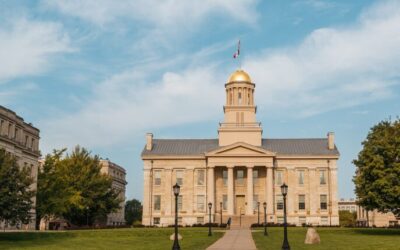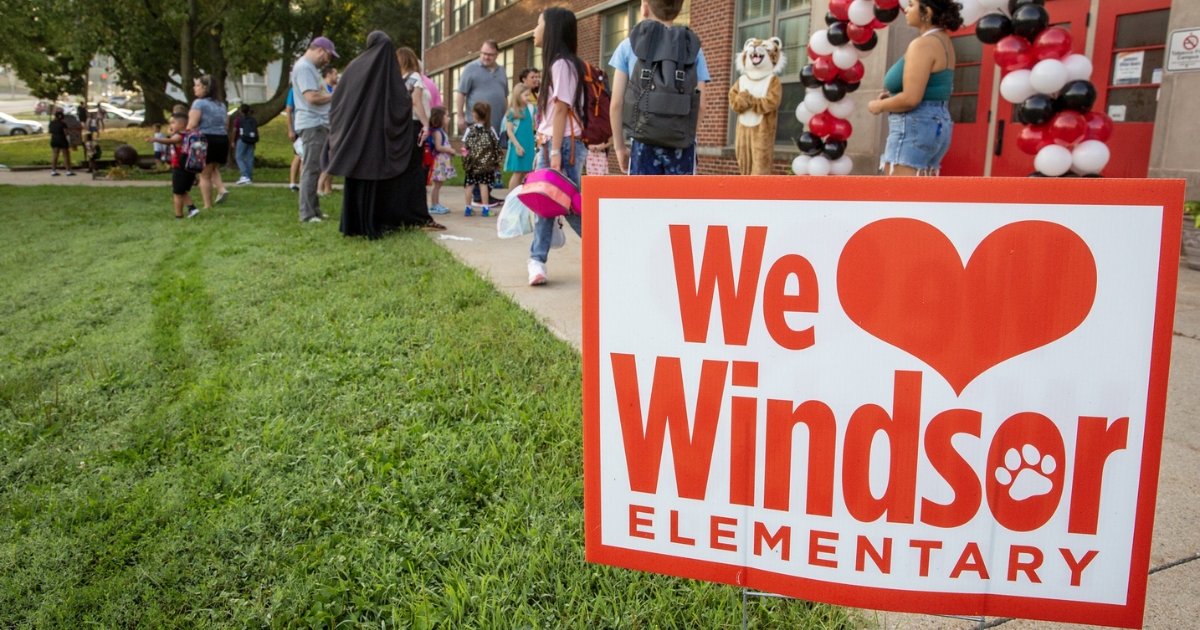
Students arrived at Windsor Elementary in Des Moines to find the school mascot and a balloon arch waiting for them. Photo by Des Moines Public Schools
New laws passed by Republicans in the Iowa Legislature this year restrict bathroom access for transgender students, forcibly out students to their parents if they express a different gender identity or ask to go by a different name from the one on their birth certificates—even nicknames—and Iowa school districts have to figure it all out.
The law also prohibits a few different forms of education about LGBTQ people generally for students in kindergarten through sixth grade, and broadly bans books that depict sex acts, as defined in Iowa’s criminal code.
The ban on instruction is often called “Don’t Say Gay/Trans.”
This law also says school libraries must contain only age-appropriate materials. Age-appropriate is defined as: “topics, messages, and teaching methods suitable to particular ages or age groups of children and adolescents, based on developing cognitive, emotional, and behavioral capacity typical for the age or age group.
“Age-appropriate” does not include any material with descriptions or visual depictions of a sex act as defined in section 702.17.
Members of the Iowa Department of Education during a board meeting earlier this month said the department would handle requests on a case-by-case basis and did not commit to releasing information about how to implement the law.
Without that, school districts in Iowa have been left to interpret all of that on their own, and the outcomes have varied. Here is how four districts in the Des Moines metro are handling the situation:
Des Moines
Des Moines Public Schools (DMPS) sent teachers guidance about sexual orientation and gender identity instruction and clarified it applies only to K-6 staff and no changes are needed for grades 7-12.
“It is worth noting that many of the prohibited actions outlined in the law are not currently taking place in our schools and classrooms, and many of the new requirements have also been in place for some time,” the letter says in its introduction.
The guidance then goes on to explain how it is in line with the district’s interpretation of the law “along with previously established law, our DMPS School Board Policies and Procedures, and the Iowa Code of Professional Conduct and Ethics.”
For the ban on education about LGBTQ identities, the district defines each piece specified in the law, instruction, promotion, program, curriculum, test, survey and questionnaire, and gives examples and notes the guidance.
It doesn’t mention books but notes that other parts of the law need to be interpreted. The district is working on guidance that will be available and it intends to be fully in compliance with its interpretation by Jan. 1, 2024.
“While the law is in effect as of July 1, 2023, we need to take time to understand the implications of the law on our specific community and resources,” it notes.
Urbandale
Urbandale School District listed nearly 300 books to be removed before reducing that list to 65 after widespread backlash. The original list also included books with LGBTQ characters or topics, but those have since been reinstated and the district said it would wait for guidance about that part of the law.
“We have determined that there is ambiguity regarding the extent to which books that contain topics related to gender identity and sexual orientation need to be removed from libraries. As such, we will pause removing books that reference gender identity and sexual orientation until we receive guidance from the Iowa Department of Education,” said the email from the school district to parents of the district.
No further guidance has been issued to parents or educators since. The board made no changes during its Monday meeting.
Johnston
Back-to-school training for the Johnston Community School District informed educators that school and classroom libraries, K-12, “must comply with the standards set forth in SF 496.”
Staff were sent a letter in May advising teachers to review their libraries and apply the “stoplight” approach:
- A “green light” indicates books are in compliance with SF 496
- A “yellow light” indicated books that teachers questioned whether they are in compliance.
- A “red light” designation would be given to books that teachers feel no longer meet the expectations defined by SF 496.”
The same staff letter said, “Districts cannot provide any curriculum, program, survey, material, activity, announcement or materials relating to gender identity or sexual orientation to students in grades K-6.”
On sexual orientation and gender identity, an August training presentation says, “JCSD staff shall not knowingly provide any curriculum, program, test, survey, questionnaire, promotion or instruction relating to gender identity or sexual orientation.”
Summit Middle School will need to meet the intent because there are sixth and seventh graders in the same building.
On Aug. 18, the district sent a letter to staff and parents explaining the changes.
Ankeny
Here is how Ankeny Superintendent Dr. Erick Pruitt replied to a parent who requested information:
“At the current time, the district is in the early stages of implementing a process to evaluate its collections and instructional materials and has not yet removed books from school libraries and classrooms to be in compliance with Senate File 496. Our administrative team is working with teachers and librarians to identify books and other educational materials that may need to be reviewed to determine if they meet the parameters outlined in the new law.”
The Ankeny Community School District also doesn’t plan on releasing a list of books that aren’t allowed. Pruitt said he expects the work to take place throughout this school year because of the number of books and materials to review.
Ankeny Communications Coordinator Shelley Rouse told Starting Line by email that student handbooks inform students and parents about the requirement that district administrators inform parents if a licensed employee reports a student asking for accommodations for a gender identity, name, or pronoun different from the student’s registration information. That requirement applies to nicknames too.
Rouse confirmed what Pruitt said about the book review process, but did not address the question about the guidance provided to teachers and parents about prohibitions for K-6 instruction.
Rouse also echoed Pruitt’s concern about how restrictions apply to dual-enrollment and concurrent-enrollment classes, which earn students college and high school credits.
“The district’s current understanding is that this requirement applies to all parts of its educational program, including dual-enrollment and concurrent-enrollment courses,” Rouse wrote while noting the district is waiting for clarification from the state.
Additional guidance:
For those who are unsatisfied with the guidance from their schools, or who don’t have any, One Iowa and Iowa Safe Schools, LGBTQ advocacy organizations in Iowa, have guidance for how LGBTQ students and their parents can handle the laws.
Nikoel Hytrek
8/29/23
If you enjoy stories like these, make sure to sign up for Iowa Starting Line’s weekly newsletter.
Have a story idea or something I should know? Email me at [email protected]. You can also DM me on Twitter at @n_hytrek.
Iowa Starting Line is part of an independent news network and focuses on how state and national decisions impact Iowans’ daily lives. We rely on your financial support to keep our stories free for all to read. You can contribute to us here. Find ISL on TikTok, Instagram, Facebook and Twitter.
Support Our Cause
Thank you for taking the time to read our work. Before you go, we hope you'll consider supporting our values-driven journalism, which has always strived to make clear what's really at stake for Iowans and our future.
Since day one, our goal here at Iowa Starting Line has always been to empower people across the state with fact-based news and information. We believe that when people are armed with knowledge about what's happening in their local, state, and federal governments—including who is working on their behalf and who is actively trying to block efforts aimed at improving the daily lives of Iowan families—they will be inspired to become civically engaged.

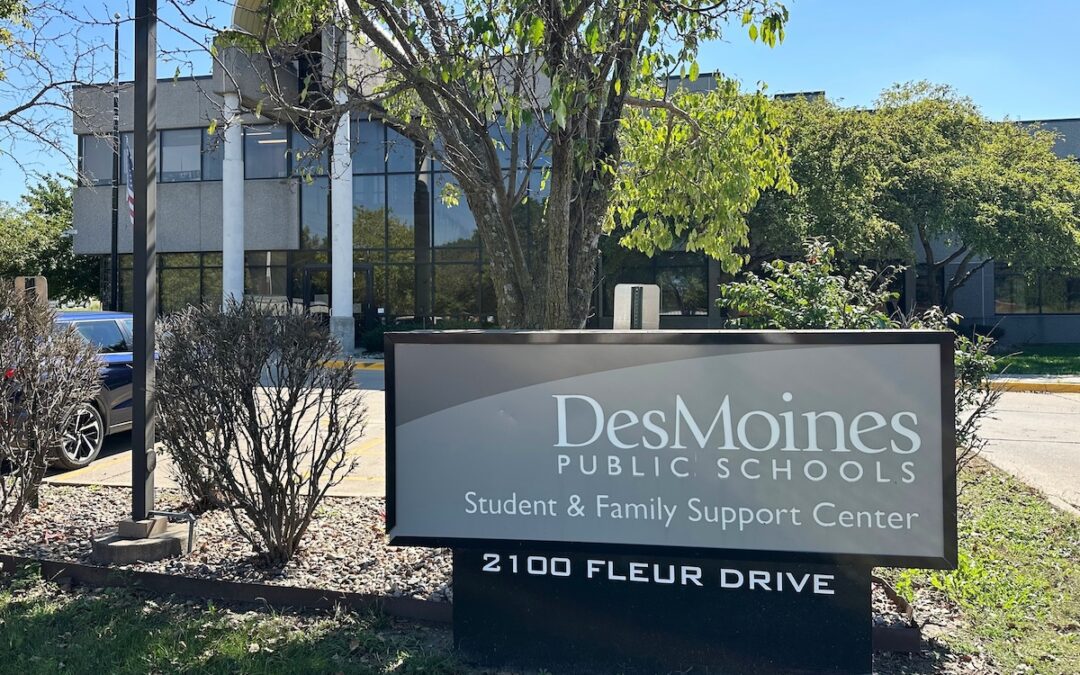
What we know about Ian Roberts, the Des Moines Superintendent arrested by ICE
The former Des Moines Public School superintendent’s arrest by ICE has garnered international attention and prompted a closer look at his...

Urbandale now 6th Iowa school district to protect trans and nonbinary students
Urbandale has joined five other Iowa school districts in voting to protect its transgender and nonbinary students. Following the removal of gender...

Iowa Board of Regents tries banning university courses that teach about social justice
The Iowa Legislature passed a bill this session banning diversity, equity, and inclusion programs and trainings by "public entities," including...
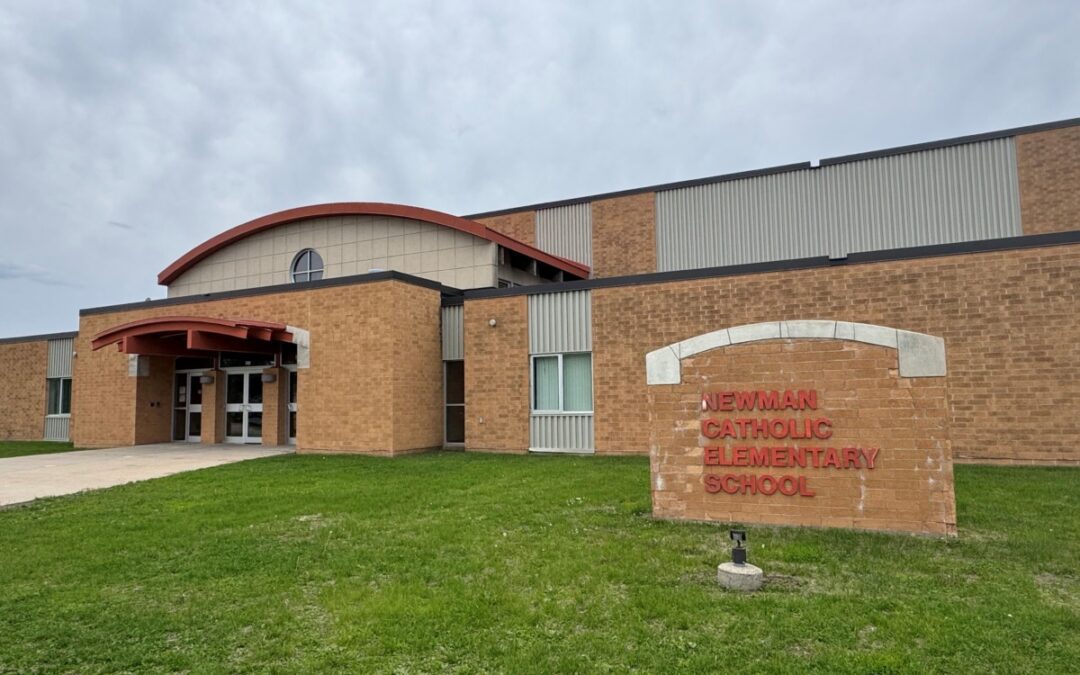
Critics warn of ‘money laundering’ as Iowa expands school voucher program
Iowans have a right to know how their taxpayer dollars are being used—but when it comes to the state's private school voucher program, that’s not...
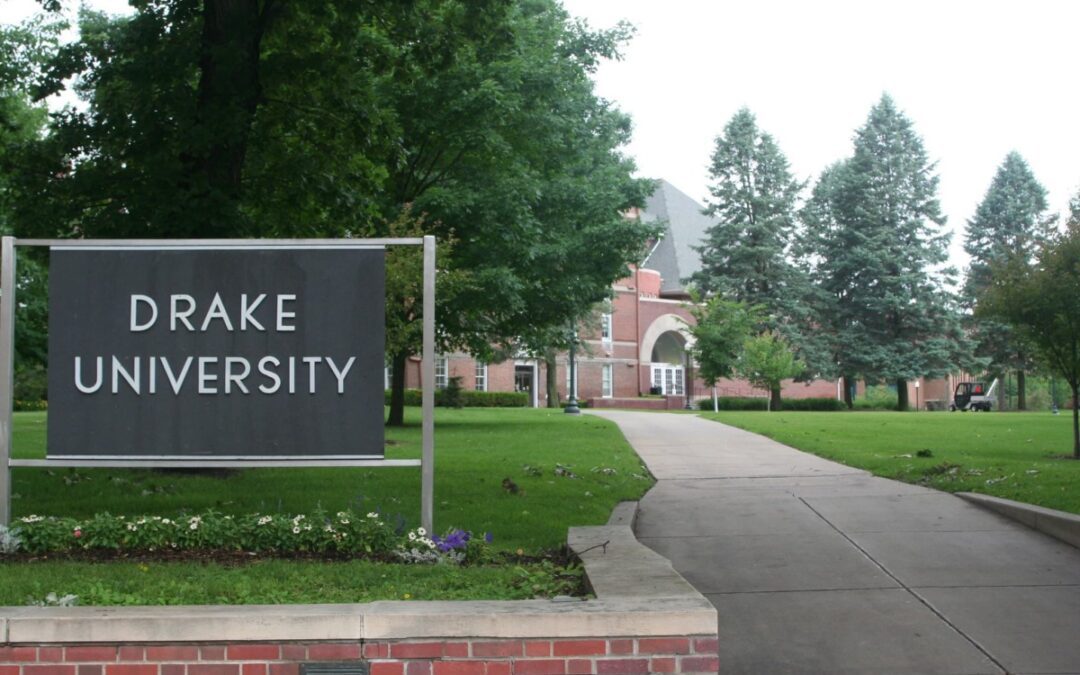
Find your passion at Drake University summer camps
Discover your passion at Drake University's 2025 summer camps! From voice training to business innovation, find the perfect program for high...
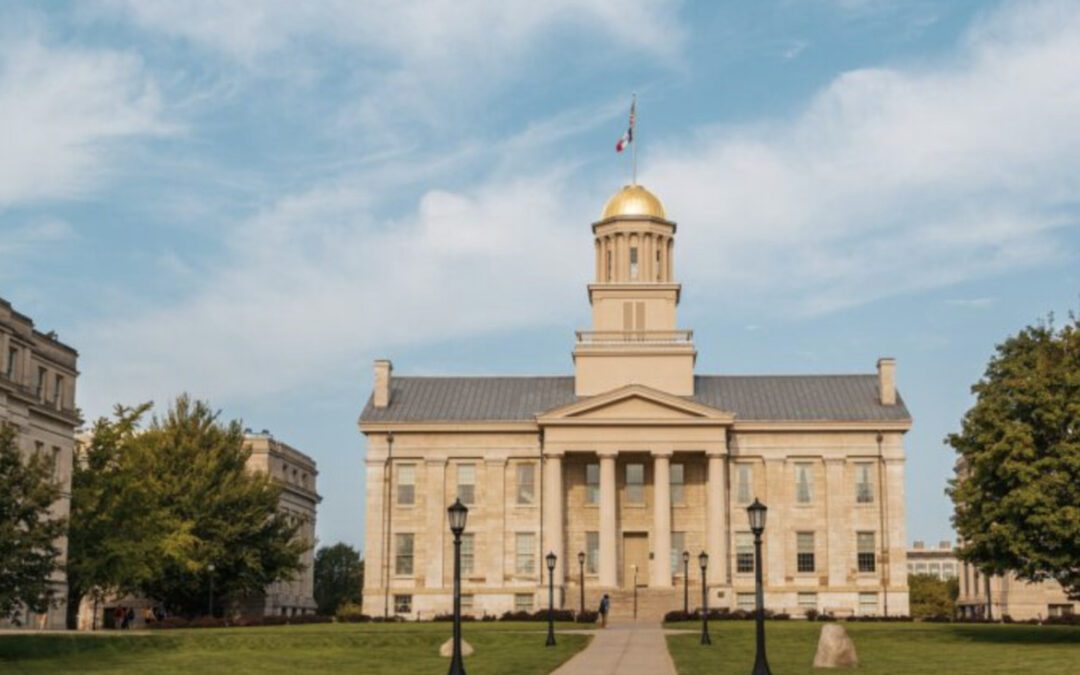
University of Iowa ranks high in US News grad school rankings
The University of Iowa boasts 52 programs recognized by US News for excellence, with rankings in the top five, highlighting its diverse academic...




